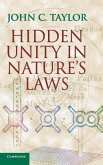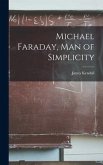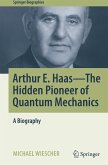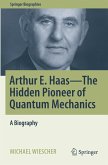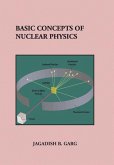With the expectation of becoming a technical writer on science and technology advances, the author graduated in 1935 (at the height of the Great Depression) from the University of North Carolina with a specially selected set of multiple minors in physics, chemistry, and math. After a few years as a news reporter and commercial fisherman, he returned to graduate school but with a sociology thesis drama that was both produced on campus and carried on tour over two states by the UNC Drama Department while he managed its theatre equipment. (The author lost eighteen pounds and dropped out on the second year of the masters degree.) With the approach of WWII, he returned to physics with electronics classes at VPI, teaching electronics for the Signal Corps, a navy commission and aviation electronics schools in which he became an assistant superintendent of training. In 1950 he transferred as a civil service electronics engineer to a USAF radar and weapons testing and research unit, where he became first the head of plans and program and later of advanced concepts research in electronic detonation phenomena and consequent new warhead design. When the USAF reviewed this progress and decided officially to stay in non-nuclear weapons R & D, and a new lab division was established to continue his personal research. He soon retired in 1983 but could not stop research on the problem that the electron particle could not be defined beyond worldwide description as a mathematical point with no known structure. That is resolved here with the authors discovery of a new fifth power law of particle mass and energy, which greatly simplifies and restructures all of last centurys standard model of subatomic particles, with new foundational emphasis on the structures of the electron, the hadron quarks, dark matter neutrinos, and the photon. This is defined here at the college sophomore level of overview for survey courses and the advanced general reader about particle physics and also for continued development in postgraduate math over the new century, just as what occurred to provide the last centurys excessively complex standard model of all the known particles. This core power law is based on reanalysis of the biennially updated accredited international Particle Data Group data tables provided for world use by US Lawrence Berkeley Lab. This foot-thick printed data table volume is usually used from the internet at PDG.LBL.gov. It is downloaded by page or section as desired worldwide. This new particle book required two decades of research after the discovery and publication of the fifth power law in the 2005, in issue 3 of the Florida Scientist journal of the Florida Academy of Sciences, in which the author is a life member, as he is also in the American AAAS. He is also a past section chairman of IEEE (then IRE).
Hinweis: Dieser Artikel kann nur an eine deutsche Lieferadresse ausgeliefert werden.
Hinweis: Dieser Artikel kann nur an eine deutsche Lieferadresse ausgeliefert werden.


